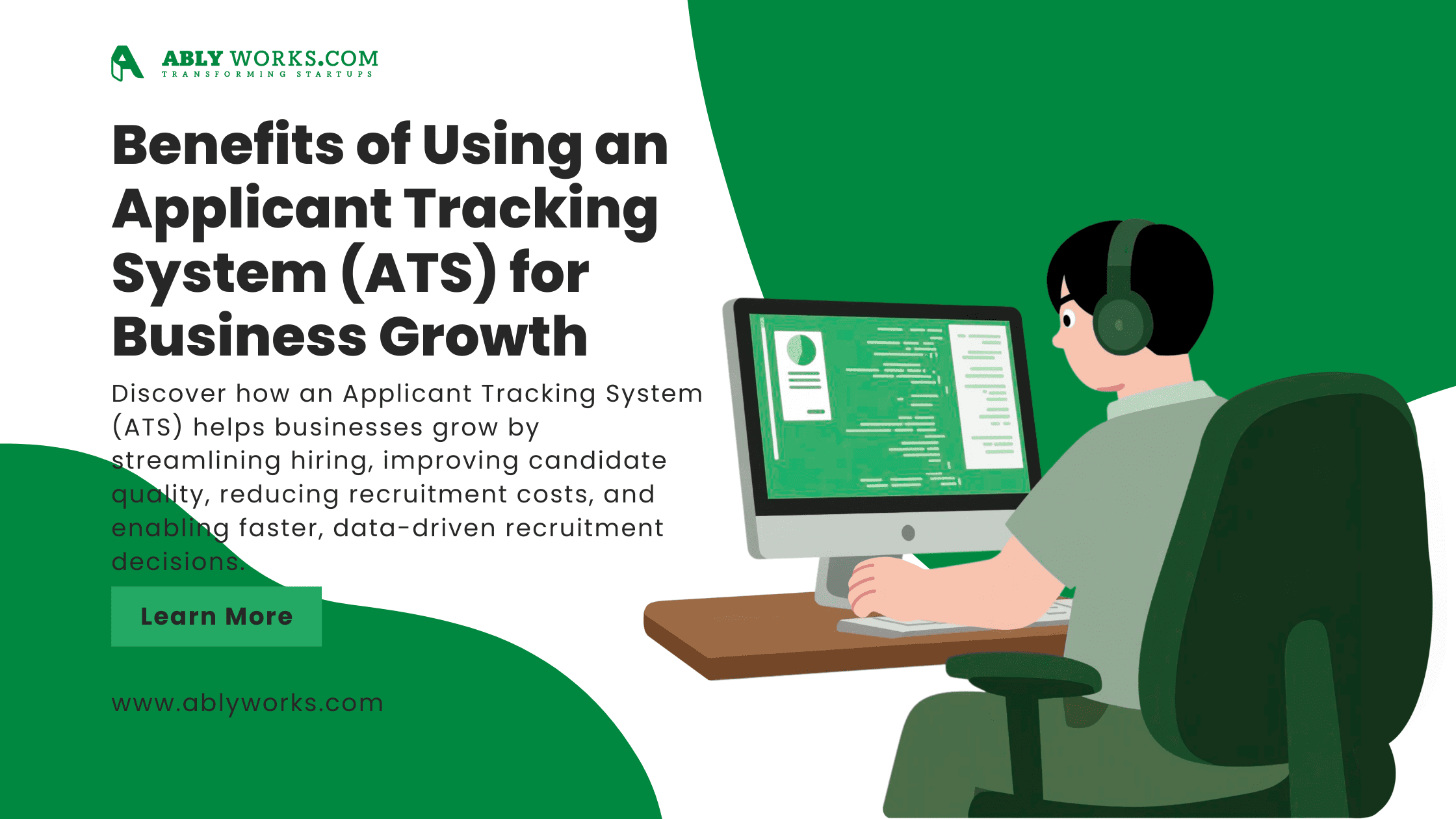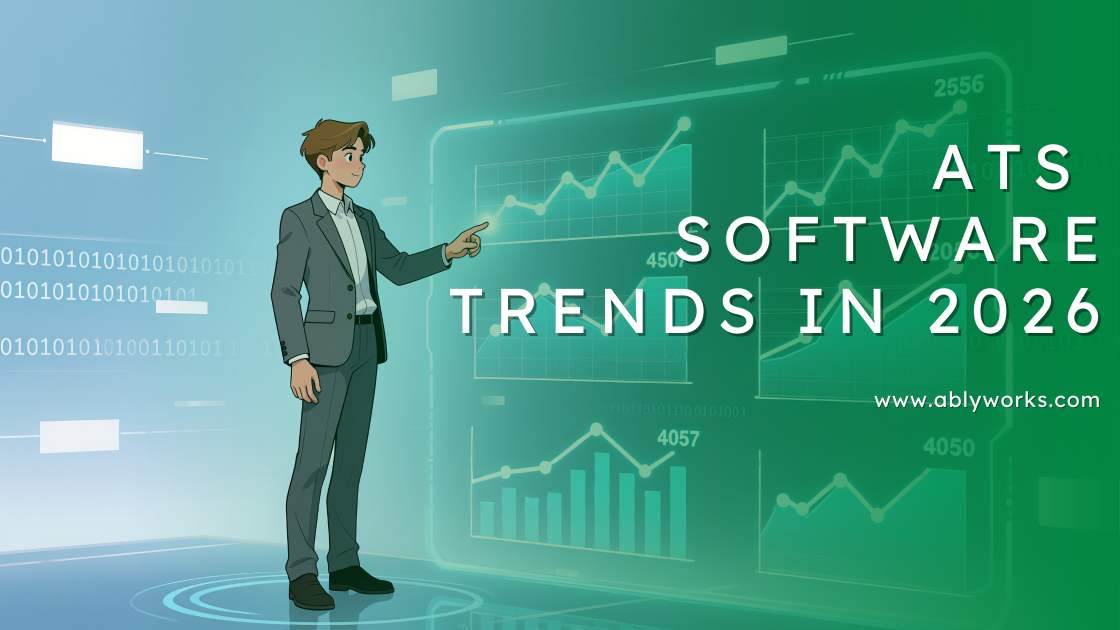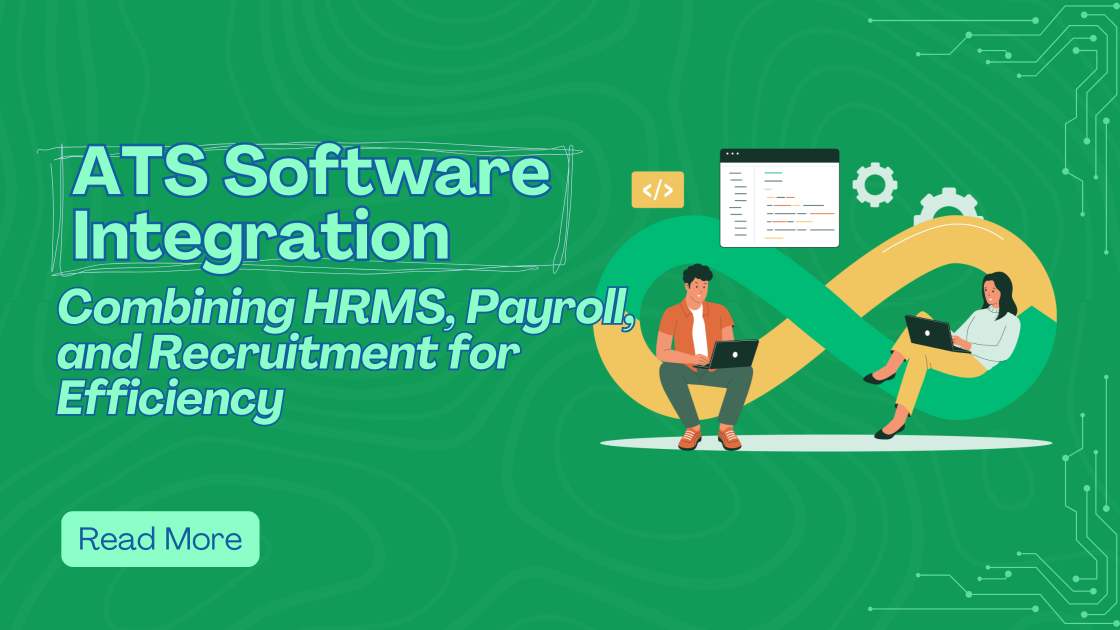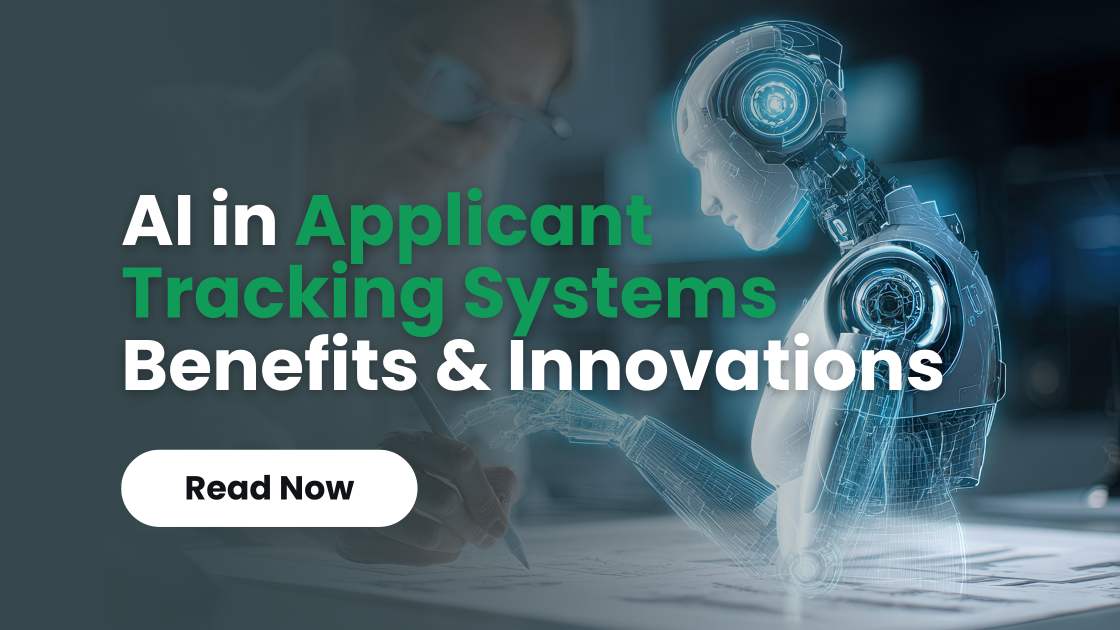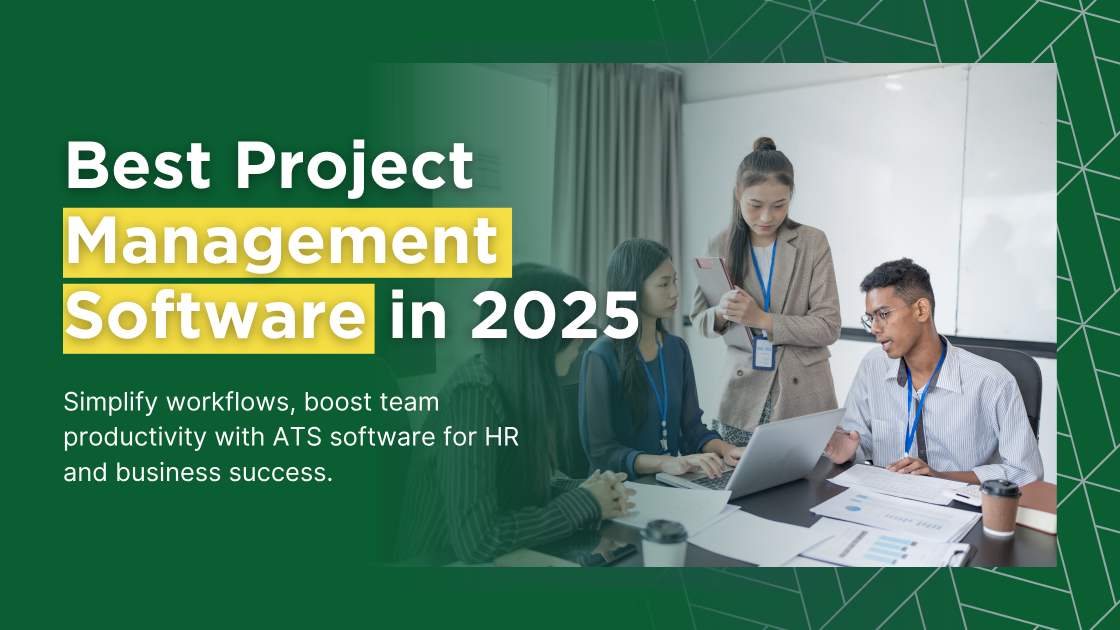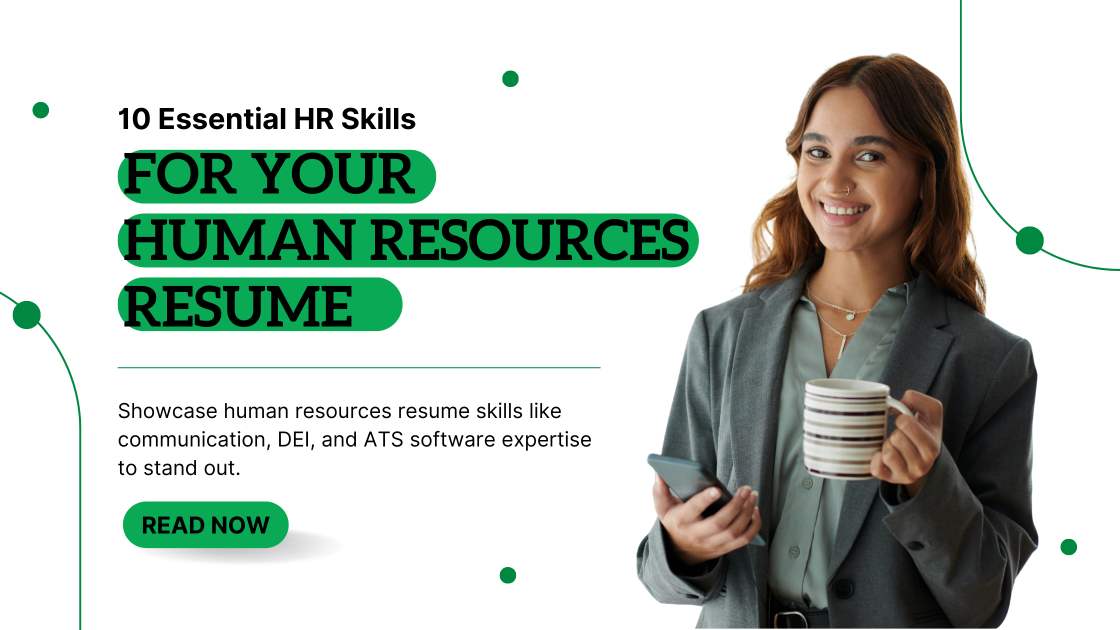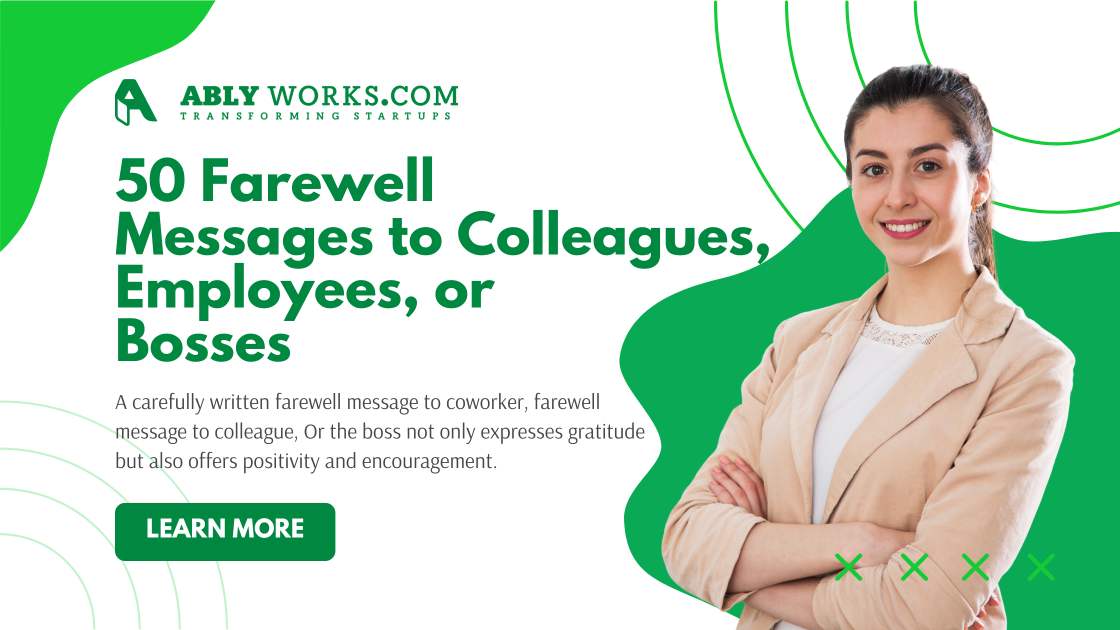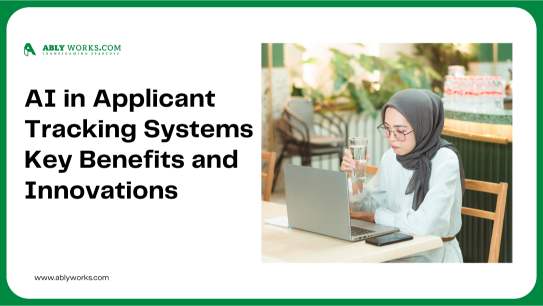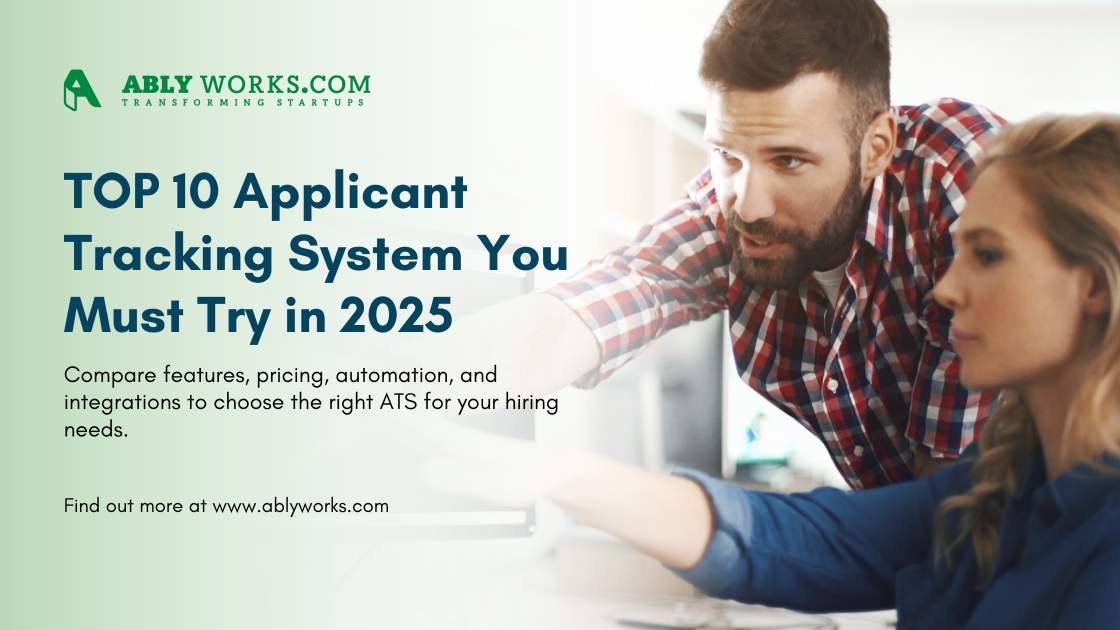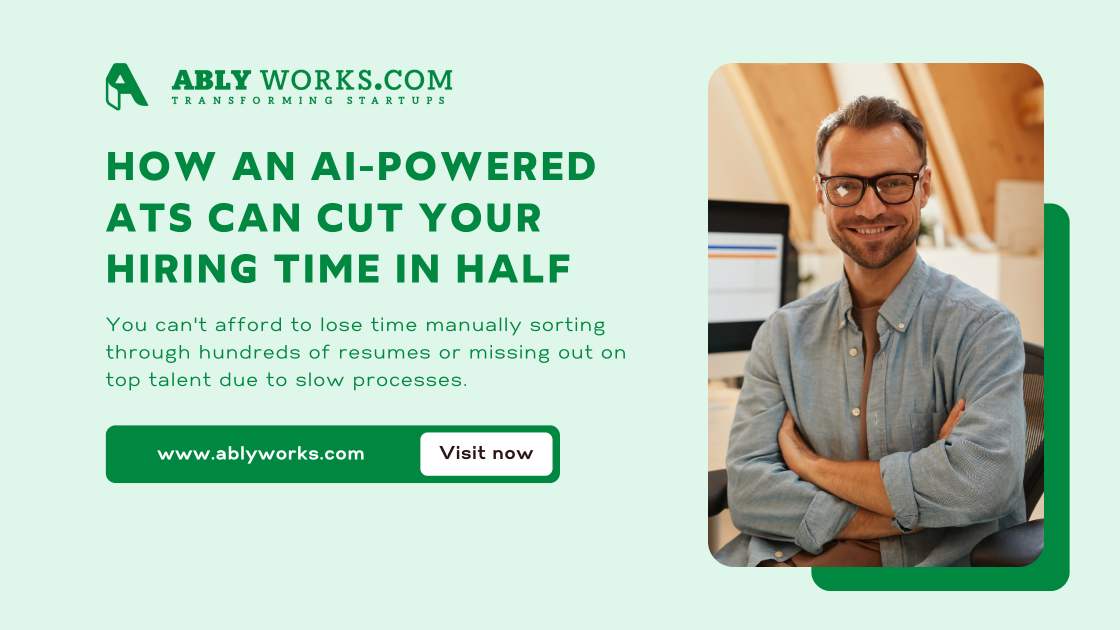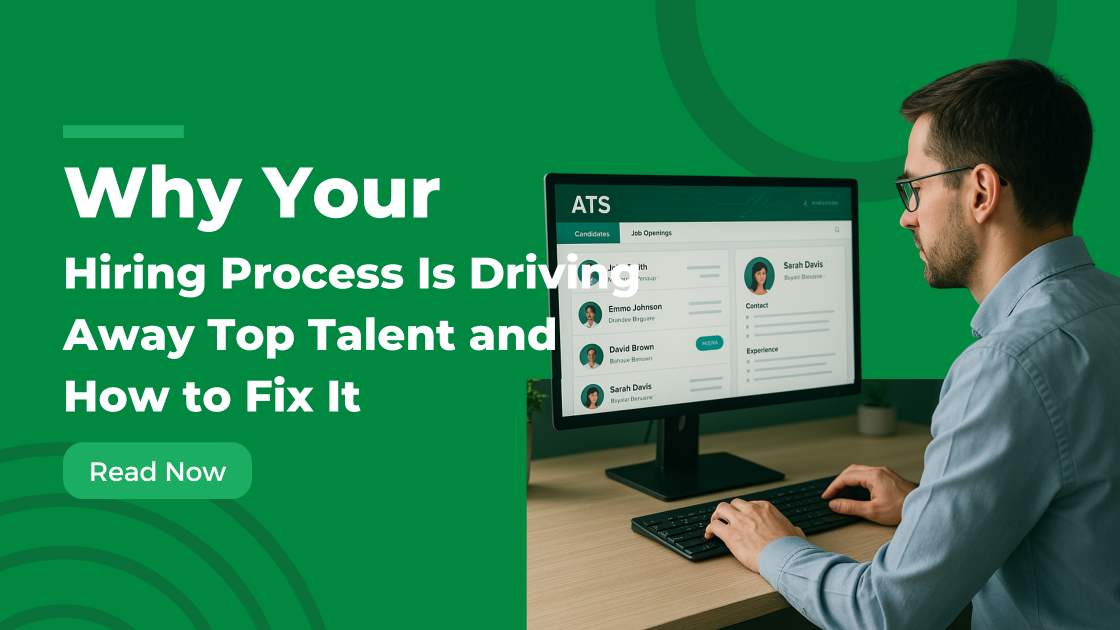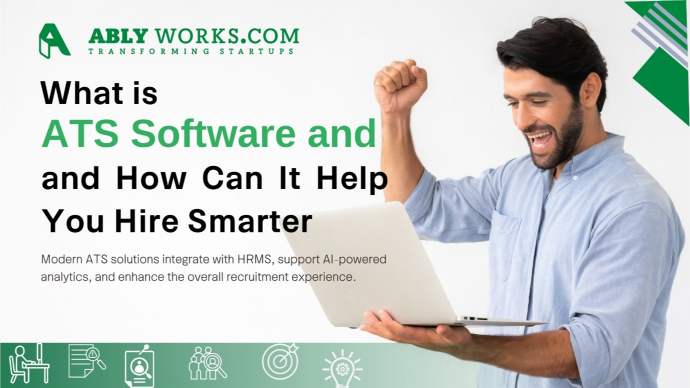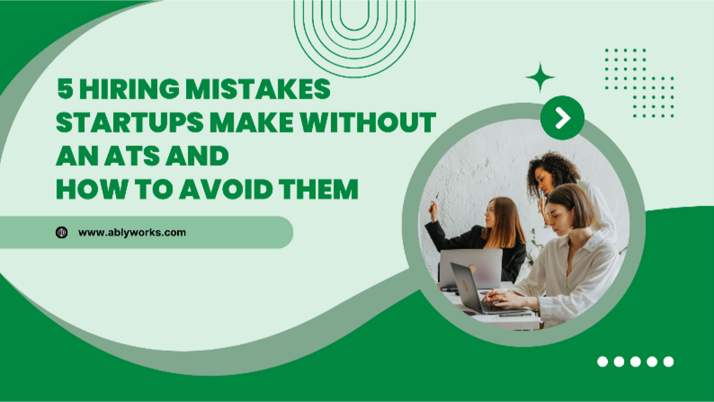
Hiring the right talent can make or break a startup’s success. Yet, many early-stage companies struggle with recruitment due to limited resources, a lack of a structured process, or outdated hiring methods. One of the smartest investments a startup can make is in the best ATS software for startups. An applicant tracking system is designed to streamline and improve the digital hiring process. Without it, mistakes are bound to happen by the human hand.
Here are the top five hiring mistakes startups make without an applicant tracking system, and how to avoid them:
1. Wasting Time on Manual Resume Screening
Startups often receive dozens (sometimes hundreds) of applications for a single job opening. Without ATS software, founders and hiring managers manually review each resume, costing valuable hours that could be spent growing the business.
How to Avoid It:
With a startup applicant tracking system, resumes are automatically parsed and filtered based on set criteria like skills, experience, and keywords. This helps identify the best candidates faster and with more accuracy.
2. Poor Candidate Experience
In today’s competitive talent market, your hiring process is a reflection of your brand. Long wait times, delayed feedback, and unstructured communication make candidates lose interest and can even damage your reputation.
How to Avoid It:
Startups using ATS software can automate follow-ups, provide real-time updates, and offer a smoother application process. A positive experience keeps top candidates engaged and more likely to accept your offer.
3. Lack of Hiring Data and Insights
Most startups make hiring decisions based on gut feeling rather than data. Without an applicant tracking system, it’s difficult to track important metrics like time-to-hire, source of hire, or offer acceptance rate.
Tools like BreezyHR and JazzHR offer robust reporting dashboards that help small businesses make smarter, data-backed hiring decisions.
How to Avoid It:
The best popular ATS software for online hiring offers built-in analytics dashboards. These help you make data-driven hiring decisions, identify bottlenecks, and continuously improve your recruitment strategy.
4. Unstructured Collaboration Between Team Members
Startups often involve multiple team members in the hiring process. Without a centralized system, feedback gets scattered across emails or chats, and decisions are delayed or miscommunicated.
How to Avoid It:
An ATS software centralizes candidate profiles, team comments, interview notes, and evaluations all in one place. It improves collaboration and ensures everyone is aligned on who the best candidate is.
5. Missing Out on Top Talent Due to Delays
Startup teams are busy, and recruitment can fall down the priority list. Without automation, it’s easy to miss follow-ups, delay interviews, or take too long to make an offer allowing competitors to hire your top candidates first.
How to Avoid It:
The best ATS software allows you to automate key steps like interview scheduling, reminders, and status updates. This helps you move fast, stay organized, and secure top talent before others do.
Final Thoughts
Hiring mistakes can be expensive especially for startups. Whether it’s wasting time, missing great candidates, or providing a poor experience, these issues can slow your growth and hurt your brand. That’s why more and more startups are using ATS software to build better teams from day one.
If you're missing great candidates, your system might be the reason. These signs you need recruitment software will help you figure it out.
With the best ATS software for small businesses, you’ll save time, reduce errors, and gain a competitive edge in the talent market.
That’s why more and more startups are using ATS software to build better teams from day one.
According to a report by Workable, companies that use an ATS reduce hiring time by over 20%.
Frequently Asked Questions
1. What is ATS software, and why do startups need it?
An ATS (Applicant Tracking System) software helps startups manage their hiring process more efficiently. It automates resume screening, tracks candidate progress, and improves communication saving time and reducing costly hiring mistakes.
2. How does an applicant tracking system improve the hiring process?
An applicant tracking system simplifies every stage of hiring from posting jobs to making offers. It centralizes candidate data, enables faster screening, automates follow-ups, and allows better team collaboration.
3. What features should I look for in the best ATS software for small businesses?
The best ATS software for small businesses should include resume parsing, candidate scoring, interview scheduling, team collaboration tools, and detailed reporting. It should also be easy to use and scalable as your startup grows.
4. Can ATS software help startups hire faster?
Yes, startups using ATS software typically reduce their time-to-hire by automating repetitive tasks and eliminating delays. This allows them to engage top candidates quickly and stay ahead of competitors.
5. Is an ATS software affordable for early-stage startups?
Many ATS providers offer affordable plans tailored for startups. You can find a reliable startup applicant tracking system that fits your budget while still offering essential features to streamline your hiring.
